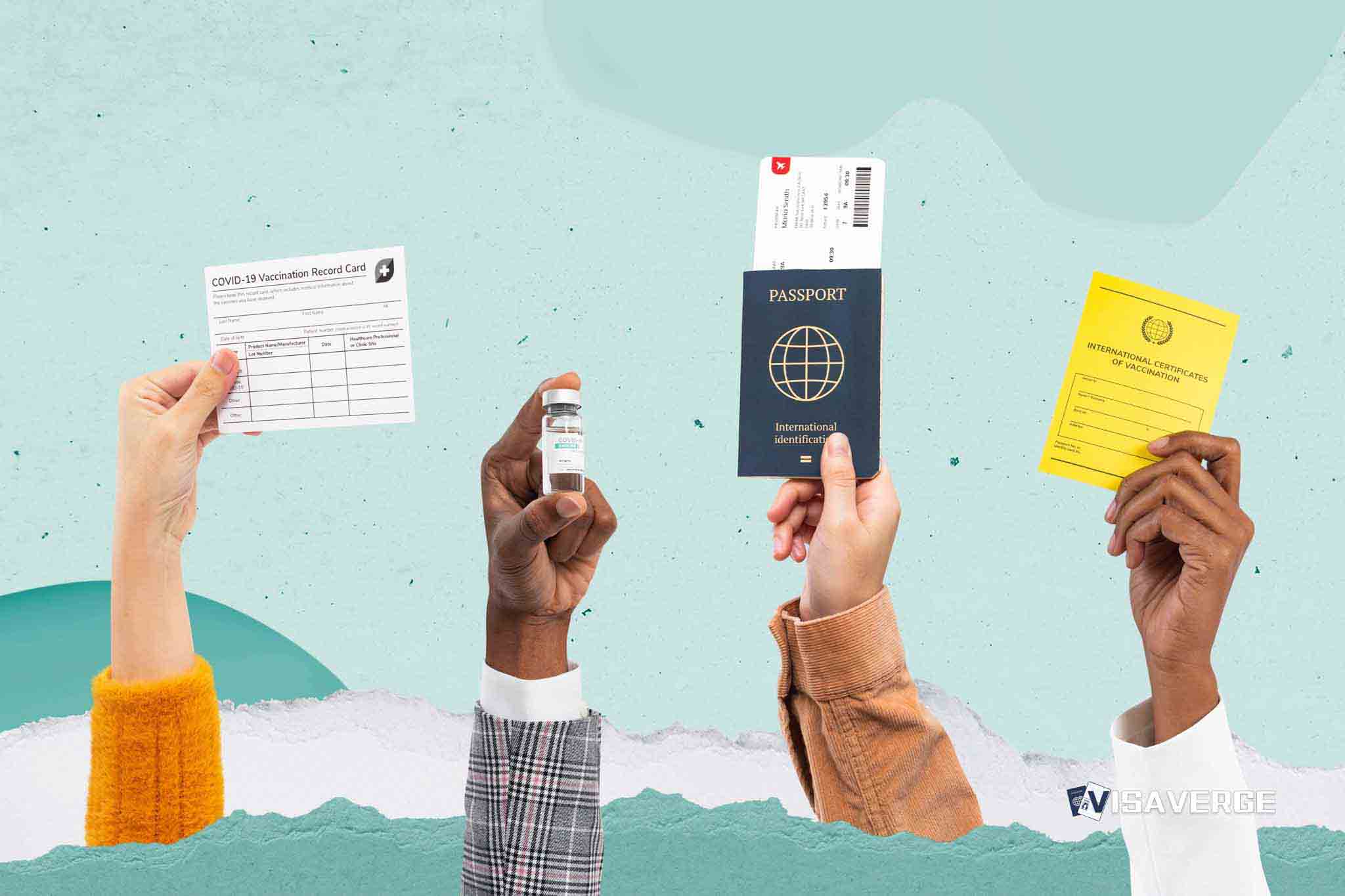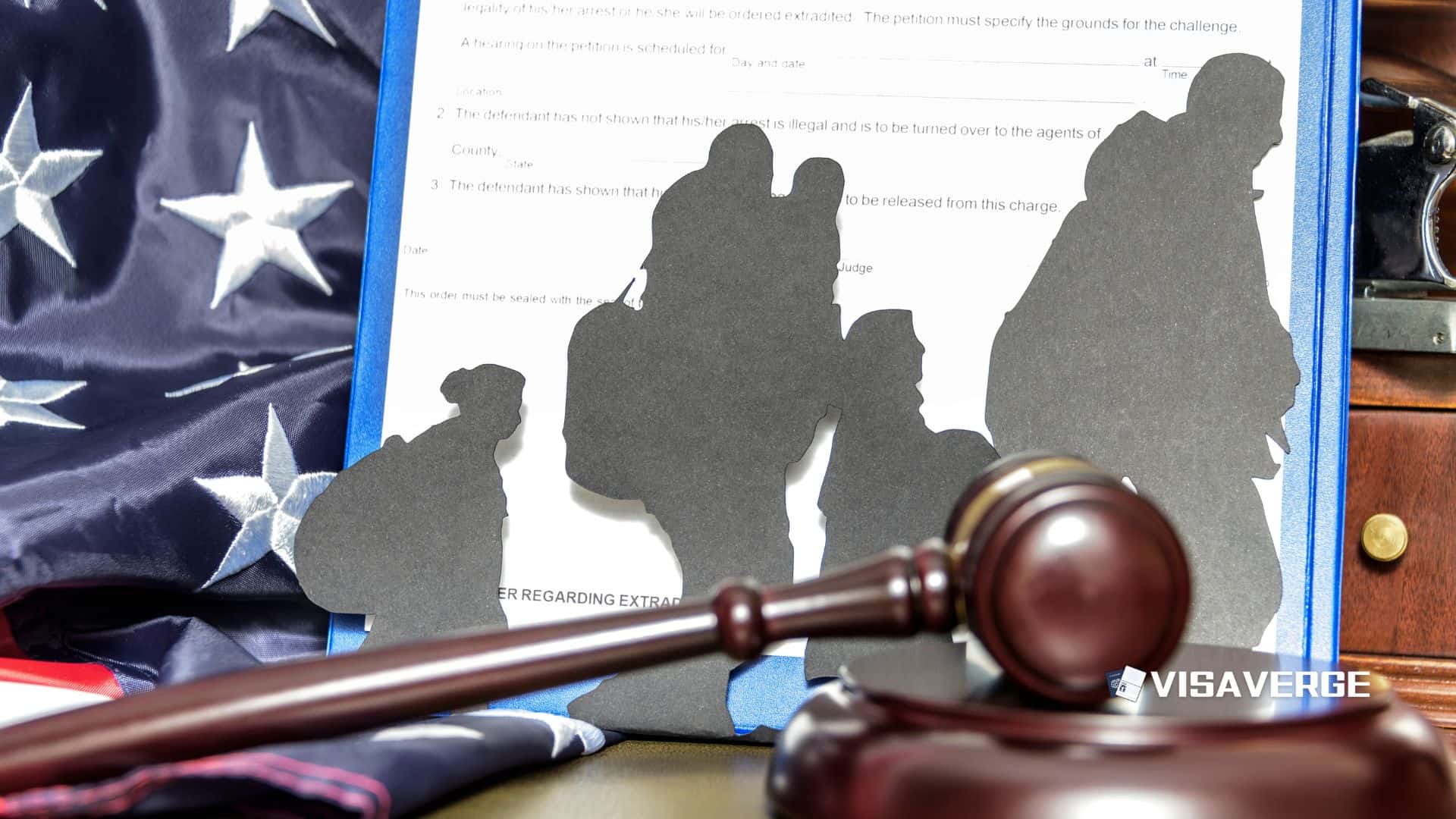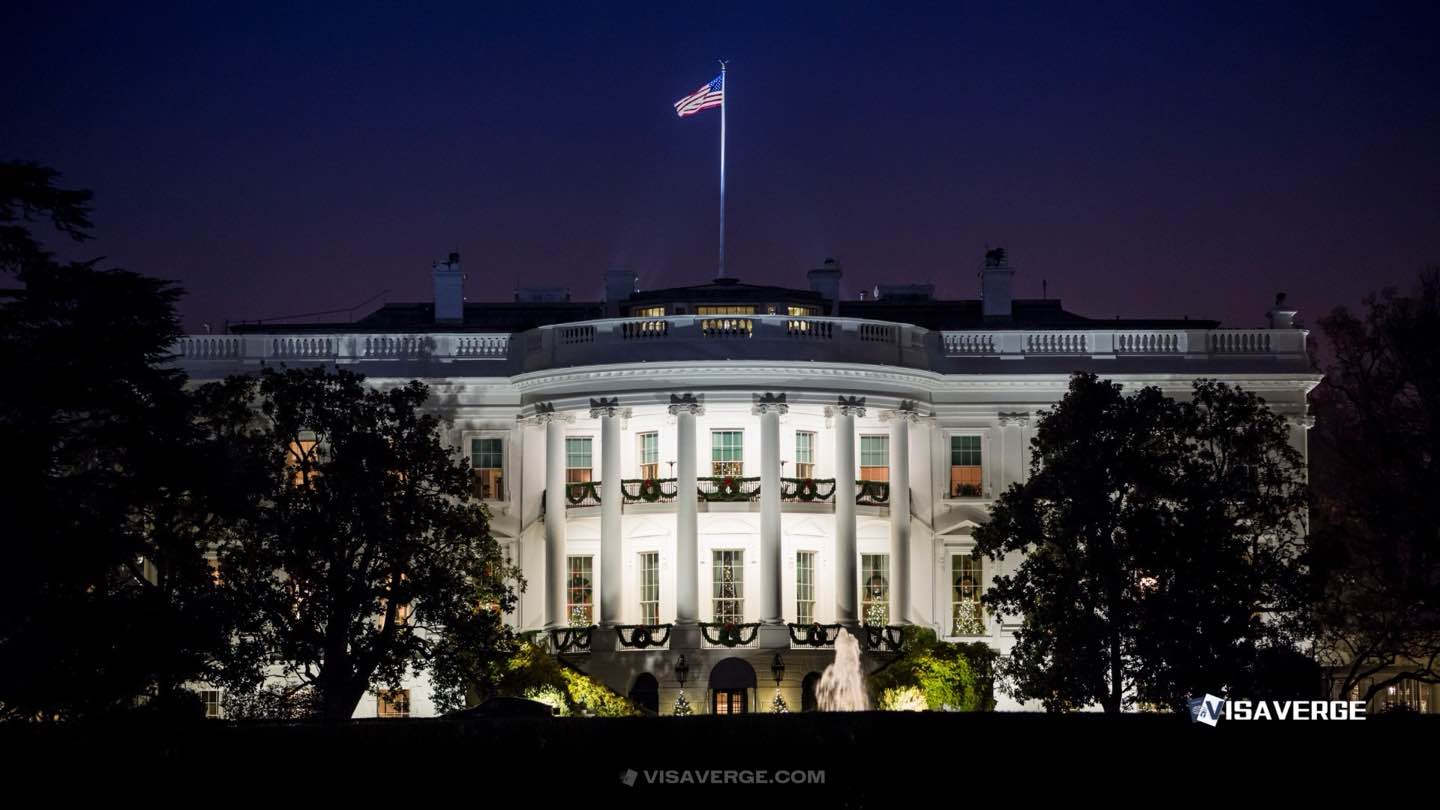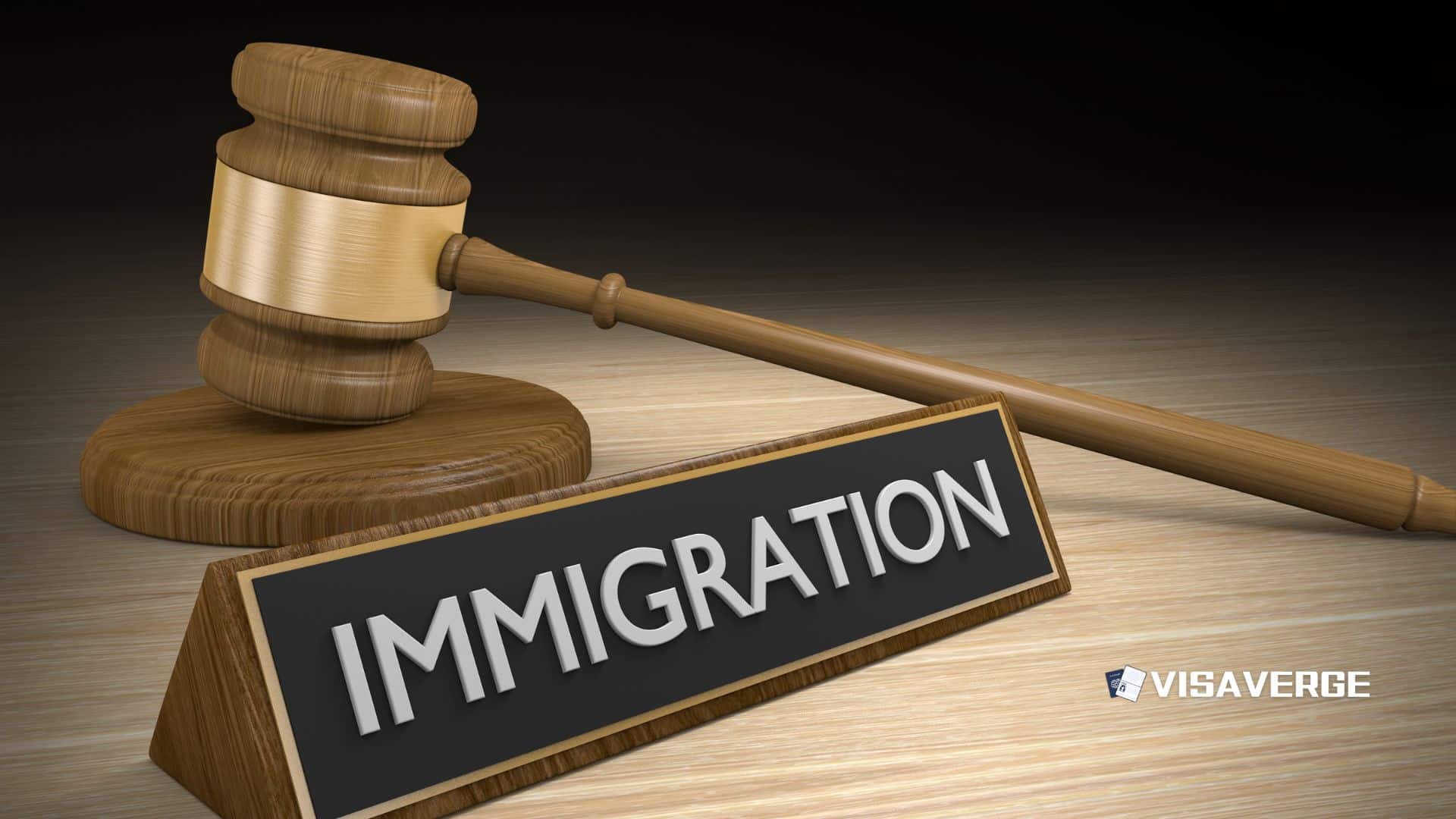(UNITED STATES) L-1 Blanket Petition processing is expected to continue even if the U.S. government faces a shutdown, with core USCIS operations staying open because the agency is funded by filing fees rather than yearly spending bills. Employers moving managers and specialists under company-wide L classifications should plan for slower timelines but not a full stop. At the same time, U.S. embassies and consulates abroad generally keep running fee-funded visa services, including consular appointments for L-1 visa stamping, though posts may cut hours, reduce staffing, or stretch wait times when a shutdown drags on.
USCIS operations: baseline expectation and effects
USCIS has kept its doors open during past funding lapses, and that pattern remains the baseline: USCIS operations continue, cases move forward, and receipts, biometrics, and adjudications still occur, albeit at a slower pace.
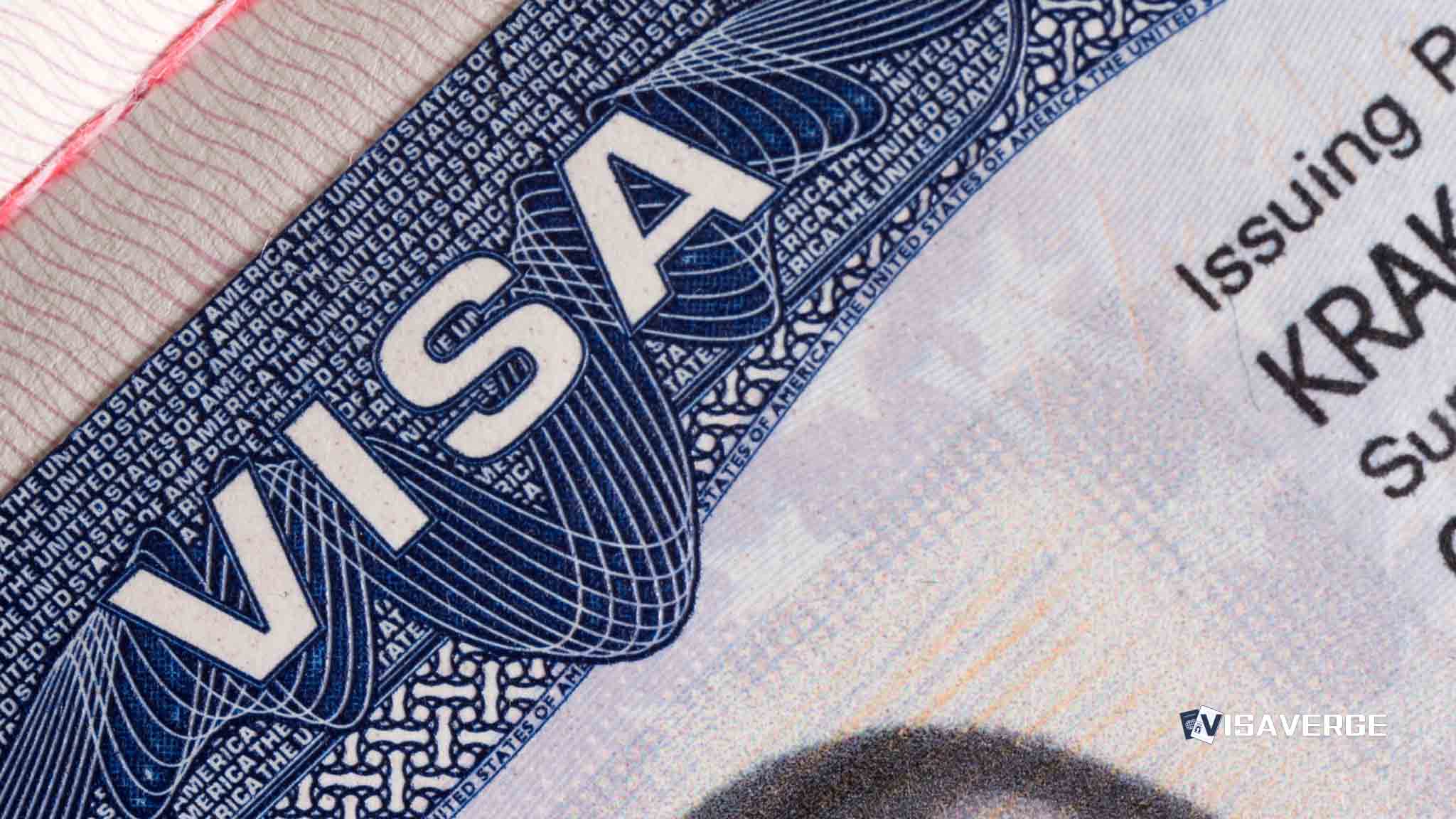
The agency can scale back overtime or shift resources, which may lengthen processing. For companies relying on an approved L-1 Blanket Petition to transfer teams into the United States, that means forward motion with caution. Applicants should expect normal intake and decision-making to proceed, but plan for longer review timelines if staff levels are trimmed.
Key takeaway: Approvals and appointments are not halted, but everything may move slower.
Department of Labor and inter-agency impacts
One complicating factor sits outside USCIS. During a shutdown, the Department of Labor suspends functions tied to labor condition applications and prevailing wage determinations. The pause hits classifications that require those steps.
While an L-1 Blanket Petition usually does not require an LCA, government workflows can overlap. Inter-agency dependencies can create knock-on delays, even when a specific petition category is not directly tied to DOL certifications. That’s why employers should avoid tight travel dates and build in extra time for internal transfers.
Consular operations and visa interviews abroad
Consular sections, which handle visa interviews and stamping abroad, operate on visa fees. As a result, consular appointments usually continue during a shutdown, but services may be scaled according to staffing and local conditions.
- Applicants can often keep scheduled interviews “as the situation permits.”
- Expect fewer open slots, postponed interviews, or longer 221(g) administrative processing if a shutdown persists.
- Posts may prioritize certain cases if resources shrink, creating ripple effects for routine appointments.
Applicants should monitor the specific consulate website where they plan to apply and check appointment portals often. The Department of State’s main visa page remains the best starting point for official updates on interview availability and processing trends; see the State Department’s U.S. visas resource at https://travel.state.gov/content/travel/en/us-visas.html.
Practical planning and employer actions
Practical planning helps blunt the impact. Recommended steps for employers and transferees include:
- Keep internal counsel and approved vendors on standby to track case movement in near real time.
- Avoid short-lead travel requests and pull forward document collection to reduce back-and-forth during any staffing crunch.
- Adjust start dates if a shutdown looks prolonged or consider remote onboarding from abroad where feasible.
Additional actions for foreign nationals:
– Keep passports valid.
– Secure employer support letters early.
– Stay flexible about travel dates until visa stickers are in hand.
Day-to-day management tips
Simple steps can reduce friction during an ongoing case:
- Confirm document checklists early and keep digital copies handy.
- Watch case status updates and appointment portals daily during a shutdown.
- Prepare for rescheduling notices and respond quickly to secure the next available slot.
- Keep your employer and client teams updated on any change in expected arrival.
Warning: A one-week slip can create extra temporary housing costs or missed project windows. A multi-week slip can require a full reset of plans. Avoid nonrefundable travel until the visa is issued and keep a buffer between the visa interview and the planned U.S. start date.
Prioritization and risk management for employers
Employers should also assess broader program risk:
- Prioritize roles critical for safety, compliance, or time-sensitive deliverables during peak transfer season.
- Where a blanket L company has multiple sending locations, distribute cases to posts showing stronger appointment availability.
- Keep a record of any government notices or reschedule messages to explain delays to clients and partners.
Comparison with H-1B and why L-1 is different
The contrast with H-1B is instructive. Because H-1B petitions need an approved labor condition application, a DOL shutdown affects that category more directly. L-1 categories, including those filed under an L-1 Blanket Petition, generally avoid that step.
Still, broad slowdowns can seep into everything from call center support to transfer of files between agencies, creating uneven timelines. The message is simple: approvals and appointments are not halted, but everything may move slower.
Communication and contingency planning
Communication matters. Employers should set clear expectations:
- L-1 transferees may still fly on time if their consular appointments remain on the calendar, but teams should have backup plans.
- Short-term travel for kickoff meetings might shift to video.
- Client deliverables that rely on on-site work may require adjusted timelines.
- Families planning school enrollment or moves should keep landlords, schools, and movers informed of potential date changes.
VisaVerge.com reports that applicants who maintain flexible timelines and strong communication with employers have a smoother path through shutdown turbulence than those who cut lead times too close.
Final summary
While uncertainty is stressful, the core takeaway for blanket L filings is steadiness with patience:
- USCIS remains open.
- DOL labor certifications are paused but usually not required for L-1 Blanket filings.
- Consular appointments continue as resources allow.
That mix keeps cross-border projects moving, even if they proceed at a slower pace. Build in time, keep watch on official channels, and avoid last-minute travel commitments to reduce disruption.
Frequently Asked Questions
This Article in a Nutshell
During a U.S. government shutdown, L-1 Blanket Petition processing is expected to continue because USCIS operates on filing fees, though timelines may slow if staff and overtime are reduced. Employers should anticipate continued receipts, biometrics, and adjudications, but plan for longer reviews. The Department of Labor may suspend functions tied to LCAs and prevailing wage determinations, producing inter-agency delays even when LCAs are not required for L-1 Blanket cases. U.S. embassies and consulates usually keep fee-funded visa appointments open, but may reduce hours, staff, and appointment availability, causing longer waits or rescheduling. Recommended employer actions include building buffer time, avoiding last-minute travel, monitoring consulate sites, preparing documents early, and coordinating with counsel to manage contingencies.









